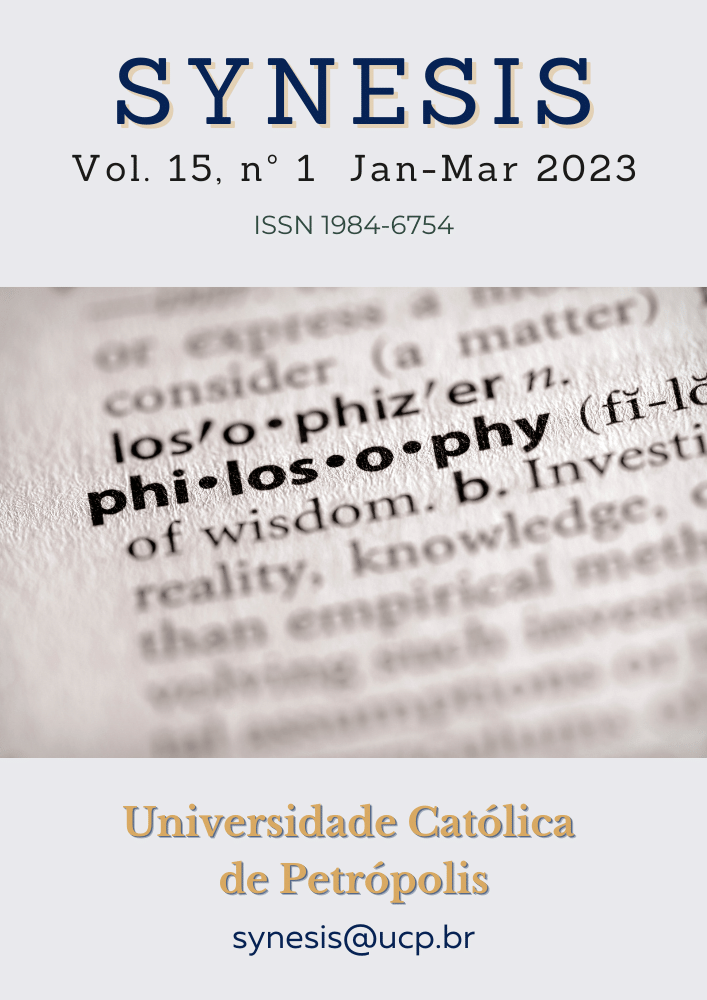Abstract
International scientific communication is acquiring ever greater economic, political and cultural importance, it more and more influences the development of stable international relations not only in the sphere of science and education. The aim of this research is to determine how much international scientific communication is based on academic values. This communication cannot be founded on non-scientific values and interests since that leads to science losing its own criteria of success in scientific activities and, correspondingly, to the loss of science advancement strategy in general. Science cannot adjust itself to extraneous opportunistic interests, on the contrary – it must propose scientific solutions to highly relevant specific practical problems from other social systems – economy, politics, law etc. Therefore, international scientific communication not merely advances the authority of academic values but is itself based on academic values as a guarantee of unfaltering compliance with scientific interests in the development of not only scientific or educational projects but also of those related to industry, defense, culture etc. Over the recent 5 years, scholars of the National Academy of Sciences of Ukraine have been confidently enhancing their participation in international publishing. The percentage of Ukrainian scientists’ publications in foreign scientific journals in relation to their publications in Ukrainian ones has increased from 28% in 2018 to 36% in 2022. Neither COVID-19 pandemic nor the full-scale russia’s military invasion of Ukraine in 2022 could inhibit this steady growth.
References
National Academy of Sciences of Ukraine (2023). Report on the activities of the National Academy of Sciences of Ukraine in 2022. Kyiv: Akademperiodika. 593 p.
Cooper I. Diane. (2015). How to write an original research paper (and get it published). Journal of the Medical Library Association,103(2):67-8. doi: 10.3163/1536-5050.103.2.001
Corker, K. (2018). Open Science is a Behavior. Center for Open Science. https://www.cos.io/blog/open-science-is-a-behavior
Dewey, J. (1916). Democracy and Education. An Introduction to the Philosophy of Education. New York: The MacMillan Company. 434 p.
European Comission. (2023). Horizon 2020. https://research-and-innovation.ec.europa.eu/funding/funding-opportunities/funding-programmes-and-open-calls/horizon-2020_en
Habermas, J. (1968). Erkenntnis und Interesse. Frankfurt: Suhrkamp Verlag. 368 S.
Herwig, Holger H. (2016). The Demon of Geopolitics: How Karl Haushofer "Educated" Hitler and Hess. Rowman & Littlefield Publishers. 292 p.
Kant, Immanuel (1795). Zum ewigen Frieden: ein philosophischer Entwurf (1 ed.). Königsberg: bey Friedrich Nicolovius. doi:10.3931/e-rara-25308
Kubalskyi, O. (2022). Communicative Approach to Determining the Role of Personality in Science. Anthropological Measurements of Philosophical Research, 22, 36-48. DOI: doi: https://doi.org/10.15802/ampr.v0i22.271325
Matas, Jesús A. Valero. (2018). Values and science: an analysis the ethics in the science. Sociology International Journal 2(3):257‒265. DOI: https://doi.org/10.15406/sij.2018.02.00056
Novitzky, Peter, Bernstein, Michael J., Blok, Vincent, Braun, Robert, Chan, Tung Tung, Lamers, Wout, Loeber, Anne, Meijer, Ingeborg, Lindner, Ralf & Griessler, Erich. (2020). Improve alignment of research policy and societal values. The EU promotes Responsible Research and Innovation in principle, but implementation leaves much to be desired. Science. Vol 369, Issue 6499. pp. 39-41. DOI: 10.1126/science.abb3415
Oreskes, Naomi. (2021). Scientists Should Admit They Bring Personal Values to Their Work. Value neutrality among researchers is a myth that hurts the public trust of science. Scientific American. April 1, 2021. doi:10.1038/scientificamerican0421-73
Oreskes, Naomi. (2019). Why Trust Science? (Princeton, NJ: Princeton University Press). 392 p.
Oreskes, Naomi, Conway, Erik M. (2023). The Big Myth: How American Business Taught Us to Loathe Government and Love the Free Market (London: Bloomsbury) 576 p.
Schmitt, Carl (2018). The Tyranny of Values and Other Texts. Tr. from German and ed. by Samuel Garrett Zeitlin (Editor), Russell A. Berman (Editor). Telos Press Publishing. 230 p.
Seifert, Vanessa. (2021). Great expectations. How values influence decisions in science. Chemistry World. 29 APRIL 2021. https://www.chemistryworld.com/opinion/how-values-influence-decisions-in-science/4013532.article
Spagnesi, Lorenzo. (2023). Regulative idealization: A Kantian approach to idealized models. Studies in History and Philosophy of Science, Volume 99, Pages 1-9. https://doi.org/10.1016/j.shpsa.2023.02.002
Stegenga, Jacob. (2022). Evidence of effectiveness. Studies in History and Philosophy of Science, Volume 91, Pages 288-295. https://doi.org/10.1016/j.shpsa.2022.01.001
United Nations. (2023). Transforming our world: the 2030 Agenda for Sustainable Development. https://sdgs.un.org/2030agenda
Weber, Max (2015). Weber's Rationalism and Modern Society, tr. from German and ed. by Tony Waters and Dagmar Waters (New York: Palgrave Macmillan)
Weinberger, Naftali, & Bradley, Seamus. (2020). Making sense of non-factual disagreement in science. Studies in History and Philosophy of Science Part A, Volume 83, Pages 36-43. https://doi.org/10.1016/j.shpsa.2020.01.004
Wilholt, Torsten. (2009). Bias and values in scientific research. Studies in History and Philosophy of Science Part A, Volume 40, Issue 1, 92-101. https://doi.org/10.1016/j.shpsa.2008.12.005
Winsberg, Eric, Huebner, Bryce, & Kukla, Rebecca. (2014). Accountability and values in radically collaborative research. Studies in History and Philosophy of Science Part A, Volume 46, Pages 16-23, https://doi.org/10.1016/j.shpsa.2013.11.007

This work is licensed under a Creative Commons Attribution-NonCommercial-NoDerivatives 4.0 International License.
Copyright (c) 2023 Synesis (ISSN 1984-6754)

